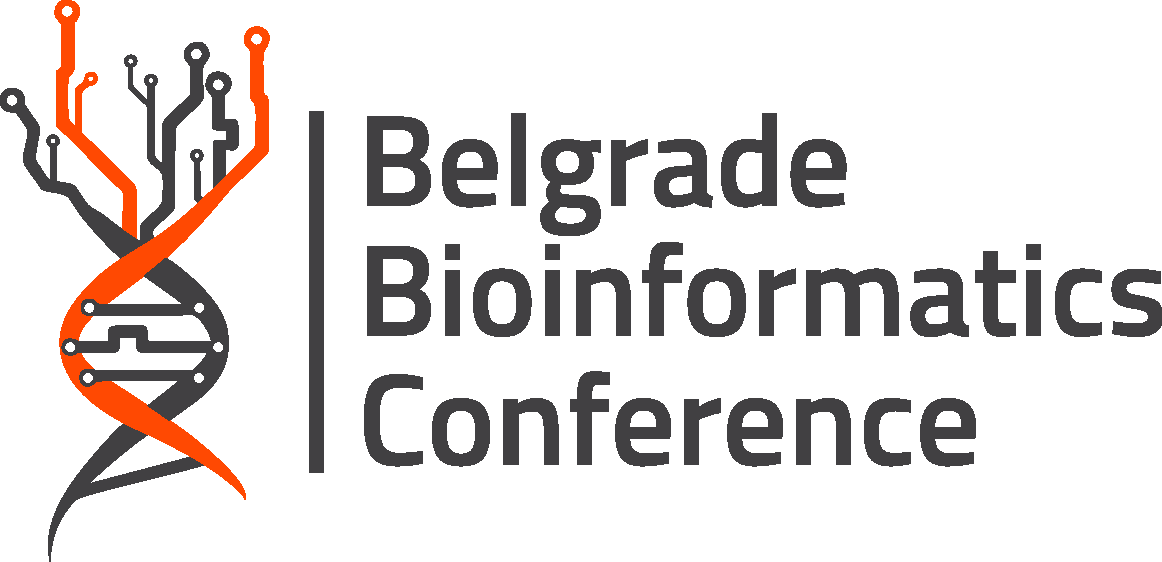Olga Y. Bushueva1*, Alexey V. Loktionov1, Yuriy L. Orlov2*
1 Research Institute for Genetic and Molecular Epidemiology, Kursk State Medical University, Kursk, Russia
2 Sechenov First Moscow State Medical University of the Russian Ministry of Health (Sechenov University), Moscow, Russia
olga.bushueva [at] inbox.ru, orlov [at] d-health.institute
Abstract
COVID-19 pandemic raised challenges for medical statistics studying genome associations and nucleotide polymorphism as predispostion to the disease. We studied association of COVID-19 with thromboinflammation. The aim of the study was to replicate associations of GWAS-significant loci with severe COVID-19 in the population of Central Russia, to investigate associations of the SNPs with thromboinflammation parameters, to analyze gene-gene and gene-environmental interactions.
DNA samples from 798 unrelated Russian subjects (199 hospitalized COVID-19 patients and 599 controls with a mild or asymptomatic course of COVID-19) were genotyped using probe-based PCR for 10 GWAS-significant SNPs: rs143334143 CCHCR1, rs111837807 CCHCR1, rs17078346 SLC6A20-LLZTFL1, rs17713054 SLC6A20-LLZTFL1, rs7949972 ELF5, rs61882275 ELF5, rs12585036 ATP11A, rs67579710 THBS3, THBS3-AS1, rs12610495 DPP9, rs9636867 IFNAR2. SNP rs17713054 SLC6A20-LZTFL1 was associated with increased risk of severe COVID-19 in the entire group (risk allele A, OR = 1.78, 95% CI = 1.22–2.6, p = 0.003), obese individuals (OR = 2.31), patients with low fruit and vegetable intake (OR = 1.72), low physical activity (OR = 1.93), and nonsmokers (OR = 1.65). This SNP correlated with increased BMI (body mass index) (p = 0.006) and worsened thrombodynamic parameters, delayed appearance of spontaneous clots. SNP rs17078346 SLC6A20-LZTFL1 was linked with increased BMI (p = 0.01) and severe COVID-19 in obese individuals. The pairwise combination rs7949972 ELF5-rs61882275 ELF5 was a priority in determining susceptibility to severe COVID-19 (it was included in all the most significant SNP-SNP interaction models and described 4.04% of the entropy of severe COVID-19). Overall, this study represents a comprehensive molecular-genetic and bioinformatics analysis of the involvement of GWAS-significant loci in the molecular mechanisms of severe COVID-19, gene-gene and gene-environmental interactions, and provides evidence of their relationship with thromboinflammation parameters in patients hospitalized in intensive care units.
Keywords: chronic diseases, COVID-19, genotyping, SNP, GWAS, thromboinflammation syndrome

